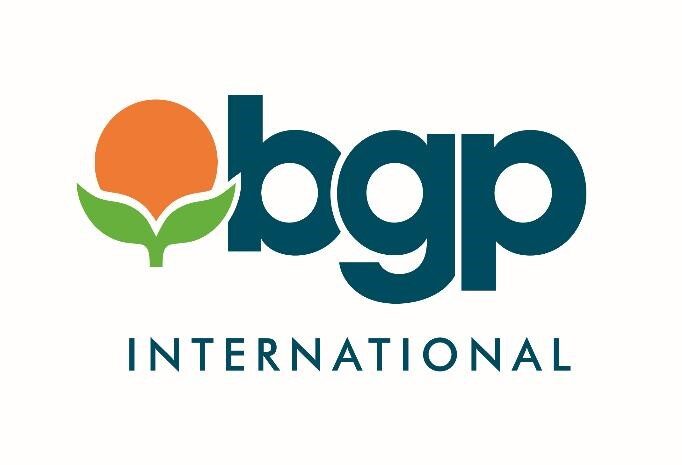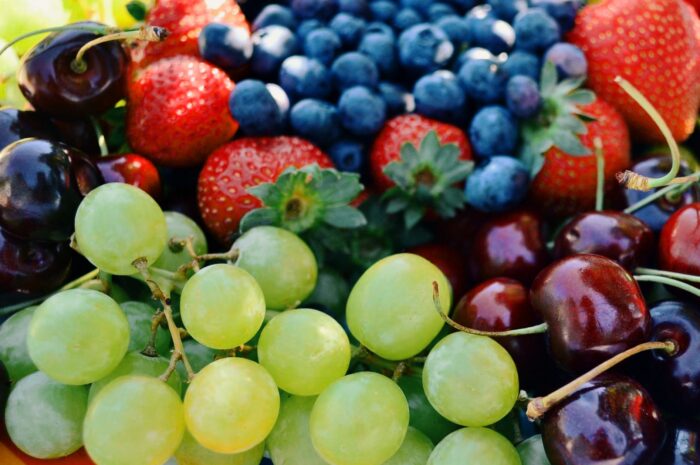Heightened security measures to reduce the risk of aviation terror acts to impact all Australian exporters
Could a humble packing shed in rural Australia be the chink in the armour for terrorists wanting to blow up a plane?
While it has not happened before, that is the scenario that changes to air freight security, rolling out today, are designed to stop.
The Department of Home Affairs has heightened the security screening requirements for all export air cargo, including food products like rock lobster and stone fruit, to ensure no potentially dangerous items make their way into flights leaving Australia.
From today all air freight will need to be screened piece by piece unless the sender is registered as a ‘known consignor’.
In a letter to exporters, the department said the changes could cause delays and increase costs.
The vast majority of air freight will be scanned at a piece-level at either Brisbane, Sydney, Melbourne or Perth airports.
Director of the Freight & Trade Alliance (FTA), Paul Zalai, said he expected bottlenecks at the four airports.
“I hope that I am wrong, but my gut feeling is that the implementation will be a mess and will take several months for everything to shake down,” Mr Zalai said.
“It will take a while for industry to be able to make informed decisions on confirmed service levels and price.”
Airfreight was generally used for higher value, time sensitive products.
According to the Department of Infrastructure the volume of international trade sent by air represents less than 0.1 per cent but accounts for more than 21 per cent of the dollar value at nearly $60 billion.
Seafood exporters invest to avoid a damaging backlog
Australia’s lucrative live seafood exports were particularly vulnerable to delays.
“It’s alive so it needs to be treated with the utmost care and speed is the biggest issue,” said Michael Blake, managing director of the Australian Southern Rock Lobster Exporters Association. “That’s why we are more vulnerable than other industries.”
Exporters have been told to allow an extra four to six hours at Melbourne airport for their cargo to be screened.
Mr Blake said his product could not handle that additional time in transit.
Security checks on staff
To make sure his rock lobsters did not wait on the tarmac Mr Blake spent time and money to register as a known consignor.
That process differed depending on the business but essentially required that the supply chain was immune to product tampering and that any issues could be quickly detected.
“It’s a real upgrade of security for our facility, that’s for sure,” Mr Blake said.
Every person working in his packing shed now had high-level security checks.
“It hasn’t been overly difficult but it does take a fair bit of time to get everyone in your facility vetted and security checked and put in new procedures,” Mr Blake said.
“Some people I know have put in surveillance cameras and swipe cards.”
It costs about $400 per staff member to get security checks.
X-ray machine boom
There has been a flurry of sales for x-ray machines as logistics companies position themselves to cater for the heightened security requirements.
One company, Smiths Detection, had installed x-ray equipment at more than 50 sites across the country because of the regulatory changes.
Freight forwarding company Link Logistics International spent $100,000 on a new x-ray machine and explosives residue test to use for its Tasmanian customers.
“If I hadn’t installed the equipment our cargo would need to go to Melbourne around six hours earlier to be put through the screening process,” director Chris Fox said.
“Because we handle a lot of live seafood, lobsters and abalone, to add another six hours to that journey is just not a practical solution for the exporter.”
While the x-ray machines and security measures would save on time, someone had to foot the bill.
For the rock lobster sector, logistics companies and processors said any additional costs would come off the beach price paid to fishermen.
The Department of Home Affairs declined to comment on whether domestic air cargo would soon face the same increased security measures as international freight.
Mr Blake said despite the spectre of delays and costs, the industry was broadly supportive of the measures. “We’ve all jumped on board now and we really are supportive of it to be honest because it’s quite scary to think what could happen on a plane with freight,” Mr Blake said. “We just need to do it in a way that doesn’t compromise our product.”
Source: www.abc.net.au/news/rural
ABC Rural
By Margot Kelly
Related News & Updates
Become a Member
Join AHT
We’re the peak industry body for Australian Horticulture Trade. Joining AHT helps us advocate for you & the greater good of the industry.
Benefits OF joining
- Representing you, monitoring developments and potential threats to imports & exports
- We work on your behalf on solutions & opportunities to facilitate and maintain trade
- Be kept up to date with important issues affecting horticultural imports & exports



